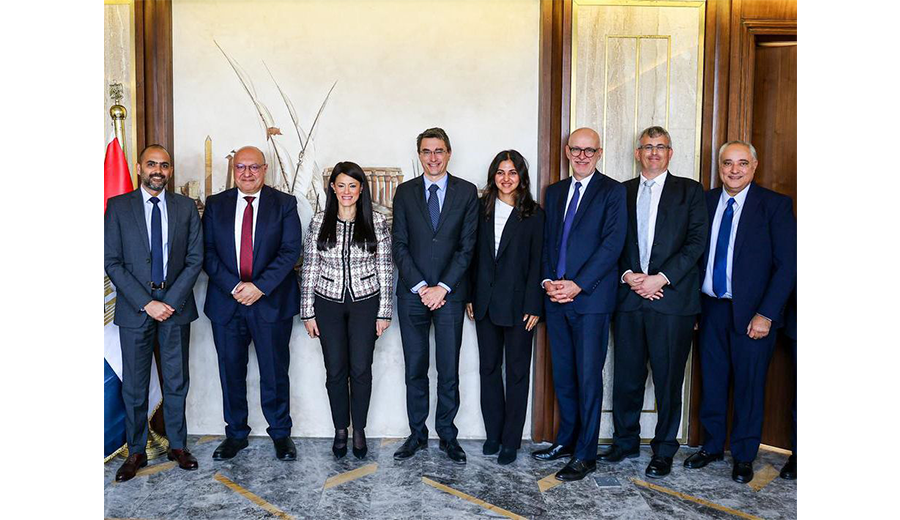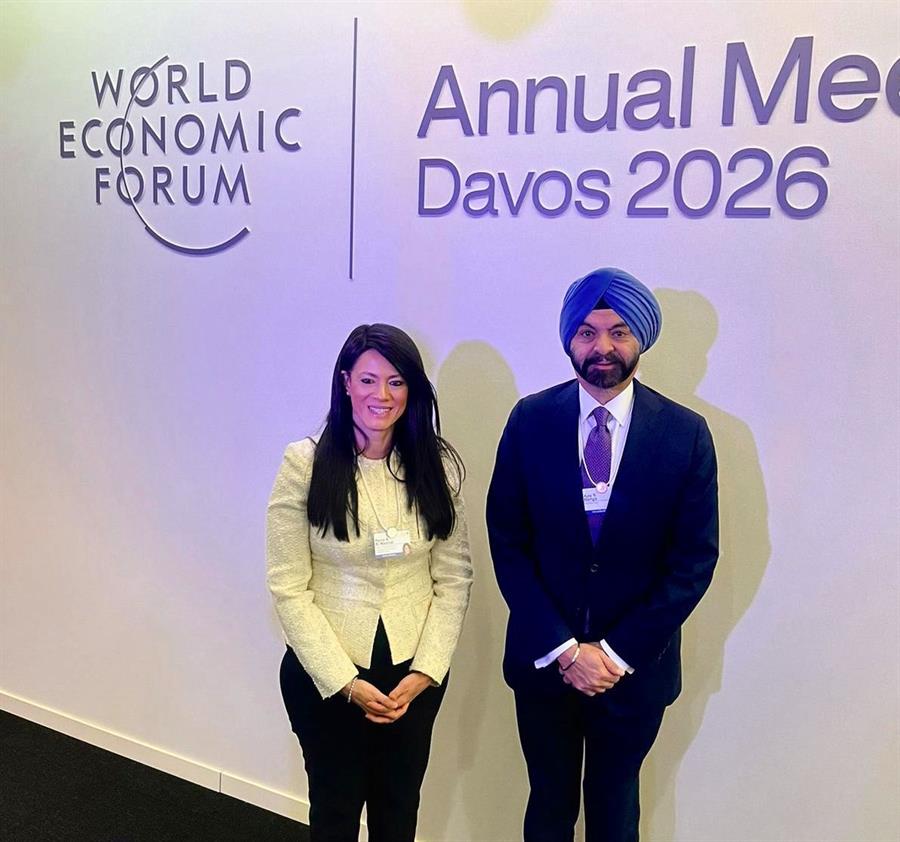H.E. Dr. Rania A. Al-Mashat is in China to participate in the second edition of the High-level Conference of the Forum on Global Action for Shared Development.

11 July 2024
In her first official international visit since assuming the
portfolio of Planning, Economic Development, and International Cooperation,
H.E.
Dr. Rania A. Al-Mashat is in China to participate in the second edition of the
High-level Conference of the Forum on Global Action for Shared Development.
During her first foreign visit following her appointment as
Minister of Planning, Economic Development, and International Cooperation, H.E.
Dr. Rania A. Al-Mashat is in Beijing, China for the second edition of the
High-level Conference of the Forum on Global Action for Shared Development
hosted by the Chinese International Development Cooperation Agency (CIDCA). The
forum, scheduled from 11th to 13th July, gathers over 200 representatives from
governments, decision-makers, and international institutions to discuss various
issues, prominently including south-south cooperation among, innovation, and
efforts to enhance collective cooperation for the implementation of the SDGs by
2030.
Al-Mashat is scheduled to engage in multiple activities
during the forum, including a panel discussion on joint measures to promote
sustainable development. Additionally, H.E. Dr. Rania Al-Mashat will deliver a
keynote address at an event titled "Promoting Modernization in the Global
South: New Pathways, New Visions." Furthermore, Dr. Al-Mashat will hold
bilateral meetings with officials from Chinese institutions within the
framework of the strategic partnership between the two countries.
It is noteworthy that Egyptian-Chinese relations have
witnessed continuous momentum and development since 2014, marked by the signing
of the Comprehensive Strategic Partnership Agreement between H.E. President
Abdel Fattah El-Sisi and the Chinese President. Since then, partnerships
between the two countries have surged across all levels, particularly in
economic areas. Coinciding with the tenth anniversary of elevated bilateral
relations, H.E. President El-Sisi visited China in May last year.
Previously, H.E. Dr. Al-Mashat participated in the inaugural
edition of the High-level Conference of the Forum on Global Action for Shared
Development in 2023, where several joint agreements were signed, contributing
to the development and growth of relations between the two countries. Notably,
a Memorandum of Understanding on the Global Development Initiative (GDI) was
signed, reinforcing Egyptian-Chinese partnership, including provisions for
establishing a consultation mechanism at the administrative level and crafting
an integrated strategy for development cooperation between Egypt and China over
a period of 3-5 years, reflecting the strategic relations between the two
countries. This strategy encompasses areas and projects to be implemented under
the developmental cooperation program.
Additionally, Minister of Planning, Economic Development,
and International Cooperation signed four cooperation documents with the
President of the CIDCA facilitating
Chinese grants for supplying equipment to the Ministry of Transport,
establishing a vocational training center in the Suez Canal Economic Zone, and
conducting a feasibility study for a Level Three Bio-safety Lab for the
Ministry of Health.









